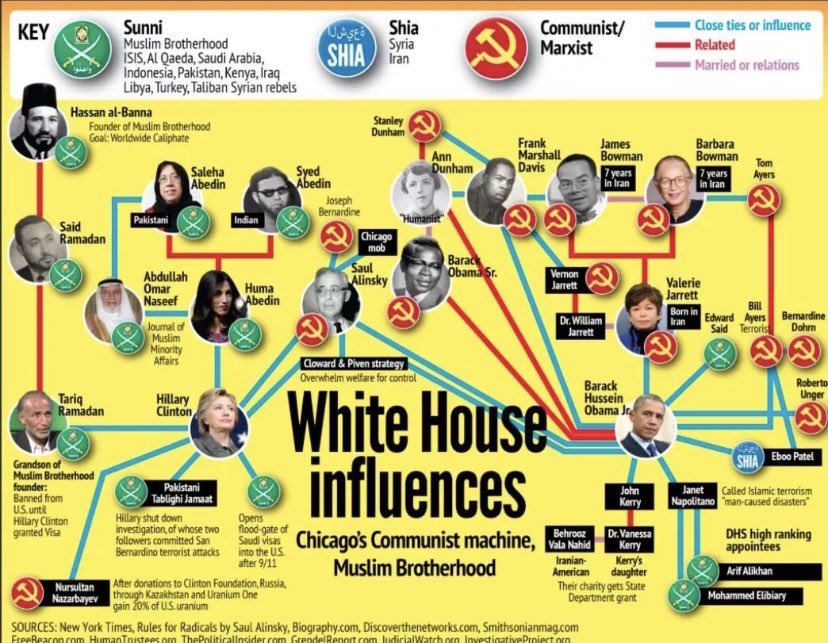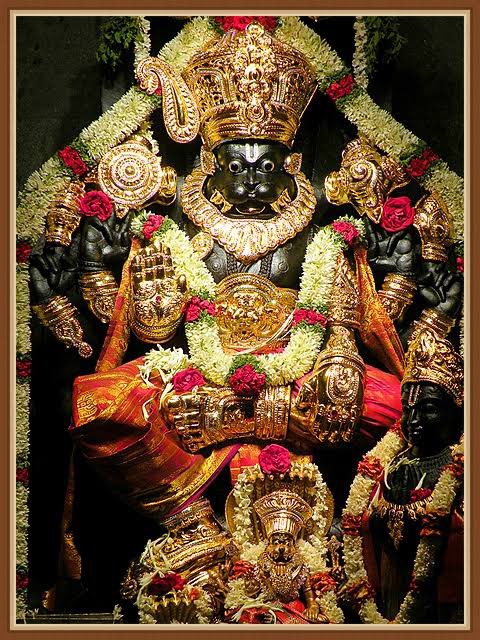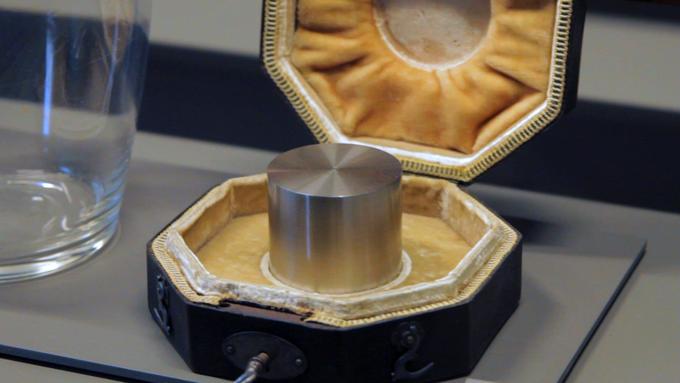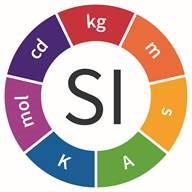For @Codecademy's first 4yrs, we were in the 📰 every wk. Those weeks, we made $0. The past 4 years, we've been out of the headlines. Now, we've raised $40m, our first raise in ~4yrs.
How'd we go from the center of the hype cycle to the brink of bankruptcy and back? Read on...
Going from the center of attention to the brink of bankruptcy was a rude awakening.
On the way, we learned an important lesson: hype doesn't pay the bills.
Understanding how to make more than you spend does.
Don't pay attention. Your Twitter followers don't pay the bills. If someone *really* wants something you've built, they'll pay you for it.
Hire the right people and remember that the user is your customer, and your investors and journalists aren't.
Come join us: https://t.co/kI6l3eZsVx
You May Also Like
These 10 threads will teach you more than reading 100 books
Five billionaires share their top lessons on startups, life and entrepreneurship (1/10)
10 competitive advantages that will trump talent (2/10)
Some harsh truths you probably don’t want to hear (3/10)
10 significant lies you’re told about the world (4/10)
Five billionaires share their top lessons on startups, life and entrepreneurship (1/10)
I interviewed 5 billionaires this week
— GREG ISENBERG (@gregisenberg) January 23, 2021
I asked them to share their lessons learned on startups, life and entrepreneurship:
Here's what they told me:
10 competitive advantages that will trump talent (2/10)
To outperform, you need serious competitive advantages.
— Sahil Bloom (@SahilBloom) March 20, 2021
But contrary to what you have been told, most of them don't require talent.
10 competitive advantages that you can start developing today:
Some harsh truths you probably don’t want to hear (3/10)
I\u2019ve gotten a lot of bad advice in my career and I see even more of it here on Twitter.
— Nick Huber (@sweatystartup) January 3, 2021
Time for a stiff drink and some truth you probably dont want to hear.
\U0001f447\U0001f447
10 significant lies you’re told about the world (4/10)
THREAD: 10 significant lies you're told about the world.
— Julian Shapiro (@Julian) January 9, 2021
On startups, writing, and your career:















